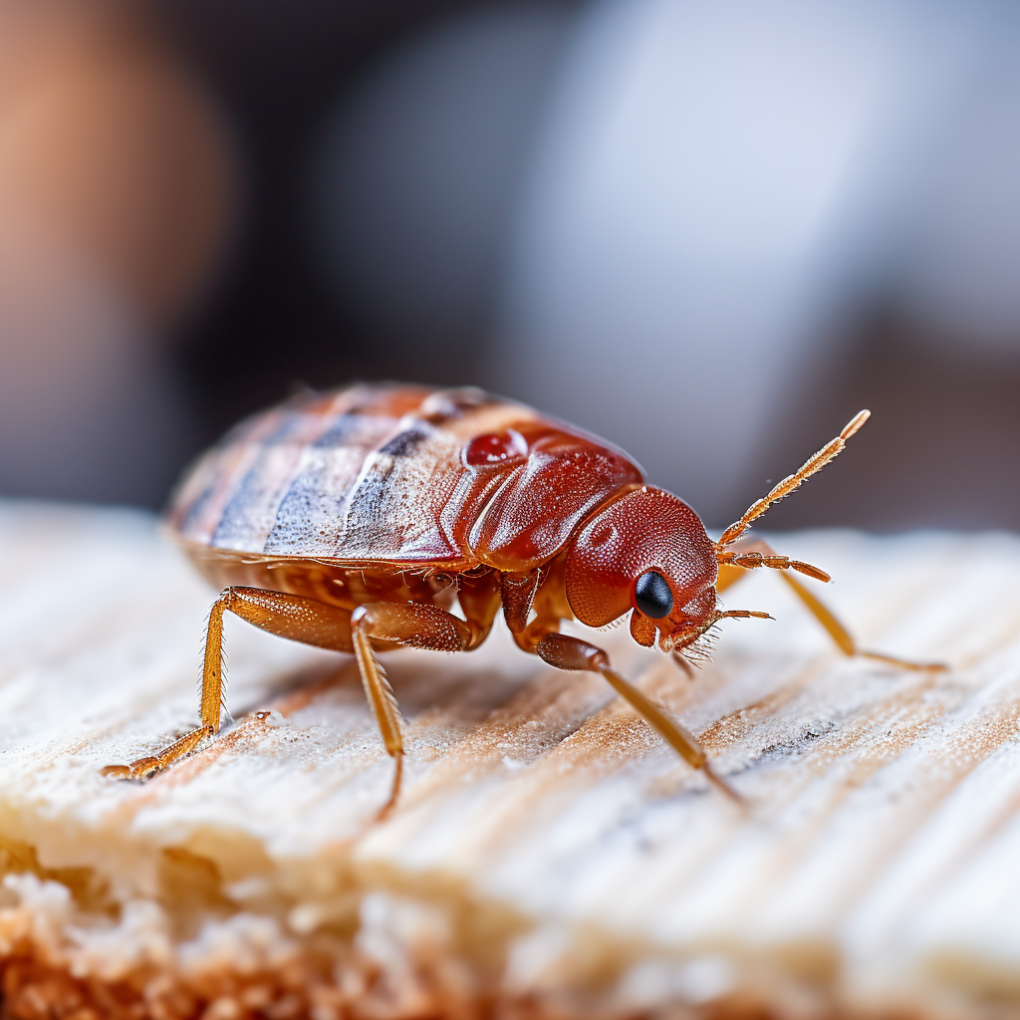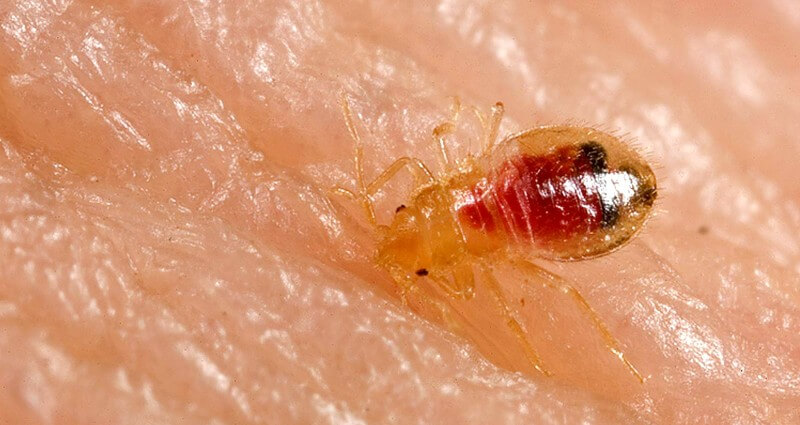A Break Down of the Various Sorts Of Insect Control Solutions
In the realm of bug control, a wide range of methods exist to deal with and combat the visibility of unwanted animals. From the conventional usage of chemical pesticides to a lot more cutting-edge biological control services, each approach uses distinct benefits and limitations. As we navigate via the diverse landscape of parasite control services, recognizing the complexities of each approach ends up being extremely important in figuring out the most efficient strategy. Keep tuned as we explore the nuanced world of bug control strategies and find just how each type plays a special duty in protecting our settings.
Chemical Pesticides
Chemical pesticides are typically utilized in bug control to properly remove a wide range of insects and other pests. These pesticides work by targeting the nerves of the parasites, interrupting their typical features, and inevitably causing their death. The usage of chemical pesticides has been a staple in the pest control sector for years as a result of their performance and fast outcomes.

Nonetheless, it is vital to use chemical pesticides with caution due to their possible hazardous impacts on the setting and non-target species. Incorrect application or overuse of these chemicals can result in air pollution, harm to helpful insects, and resistance growth in pest populations. As a result, it is essential to comply with safety and security guidelines and policies when utilizing chemical pesticides for parasite control.
Biological Control Approaches
Considering the potential environmental impacts and threats connected with chemical pesticides, organic control approaches use an even more sustainable approach to managing pest populaces. Organic control includes using natural enemies, such as virus, killers, and parasites, to reduce pest populations. This approach is usually a lot more targeted, impacting just the details bug species while minimizing injury to helpful insects, human beings, and the atmosphere.

One benefit of organic control is its lasting effectiveness. Once established, natural opponents can aid regulate pest populaces continually without the need for repeated applications of pesticides. Additionally, biological control is typically a lot more cost-efficient and can help decrease pesticide resistance in insect populations gradually. In general, biological control techniques provide a environmentally friendly and sustainable solution to pest management.

Mechanical Insect Control
Mechanical bug control involves the physical manipulation or elimination of insects to handle their populaces properly. One usual example of mechanical insect control is making use of catches to catch insects or rodents.
One more mechanical technique is using barriers such as displays, fences, or webs to block insects from entering particular locations. By literally avoiding bugs from natural pest control accessing a place, the possibility of problems or damages can be significantly lowered. In addition, hands-on approaches like handpicking bugs off structures or plants can be efficient for smaller-scale invasions.
While mechanical bug control approaches can be labor-intensive, they use a non-chemical option that can be eco-friendly and lasting. By targeting insects directly, mechanical control techniques can help keep insect populaces in check without relying on chemicals.
All-natural Solutions
Using natural remedies for parasite control offers a sustainable and environment-friendly strategy to handling pest populaces without turning to chemical interventions. Natural remedies involve utilizing substances acquired from plants, minerals, or various other normally happening sources to prevent or get rid of bugs. Planting specific natural herbs like basil, mint, or lavender around your building can push back pests due to their strong aromas. Diatomaceous earth, a powder made from fossilized algae, can be made use of to combat bugs like ants, roaches, and bed bugs by dehydrating their exoskeletons.
Additionally, vital oils such as tea tree oil or neem oil have insecticidal buildings that can effectively control pests while being risk-free for the atmosphere. An additional natural remedy is presenting advantageous pests like ladybugs or praying mantises to your yard to victimize dangerous bugs. By including these all-natural remedies into bug monitoring approaches, individuals can lower their dependence on artificial chemicals and promote a much healthier, a lot more well balanced ecological community.
Integrated Bug Monitoring
Integrated Bug Monitoring (IPM) is a thorough approach that combines various strategies to properly manage pest Click This Link populaces while minimizing dangers to human wellness and the environment. IPM includes the assimilation of numerous insect control techniques such as organic control, habitat adjustment, alteration of cultural techniques, and making use of immune plant selections. By using a mix of these methods, IPM intends to reduce dependence on chemical pesticides, which can have adverse influence on communities and human health.
One key facet of IPM is the focus on avoidance. By carrying out actions to stop insect invasions before they take place, such as keeping appropriate hygiene and sealing access factors, the requirement for reactive bug control procedures is reduced. Monitoring and normal evaluations play an important function in IPM, permitting very early detection of insect problems and prompt treatment.
Conclusion
Finally, the numerous kinds of pest control options supply a variety of choices for efficiently managing parasite invasions. Chemical pesticides give fast eradication but might have environmental threats. Biological control techniques use all-natural predators to control parasites. Mechanical pest control entails physical obstacles or traps. Natural treatments provide non-toxic options. Integrated Parasite Management combines several strategies for an alternative approach to pest control. Each method has its very own benefits and disadvantages, and picking the most ideal remedy depends upon the details bug trouble at hand.
Chemical chemicals are frequently utilized in parasite control to properly remove a broad range of insects and other parasites.Mechanical parasite control entails the physical adjustment or elimination of bugs to manage their populations efficiently read this article (Kings pest control cincinnati oh).Utilizing all-natural remedies for bug control uses a sustainable and eco-friendly approach to taking care of bug populations without resorting to chemical interventions.Integrated Parasite Administration (IPM) is an extensive strategy that combines numerous approaches to efficiently control pest populaces while lessening threats to human health and wellness and the setting.In final thought, the various kinds of parasite control services use an array of alternatives for successfully taking care of parasite infestations
Comments on “Leading Kings Cincinnati Pest Control Services: Exterminator Expertise”